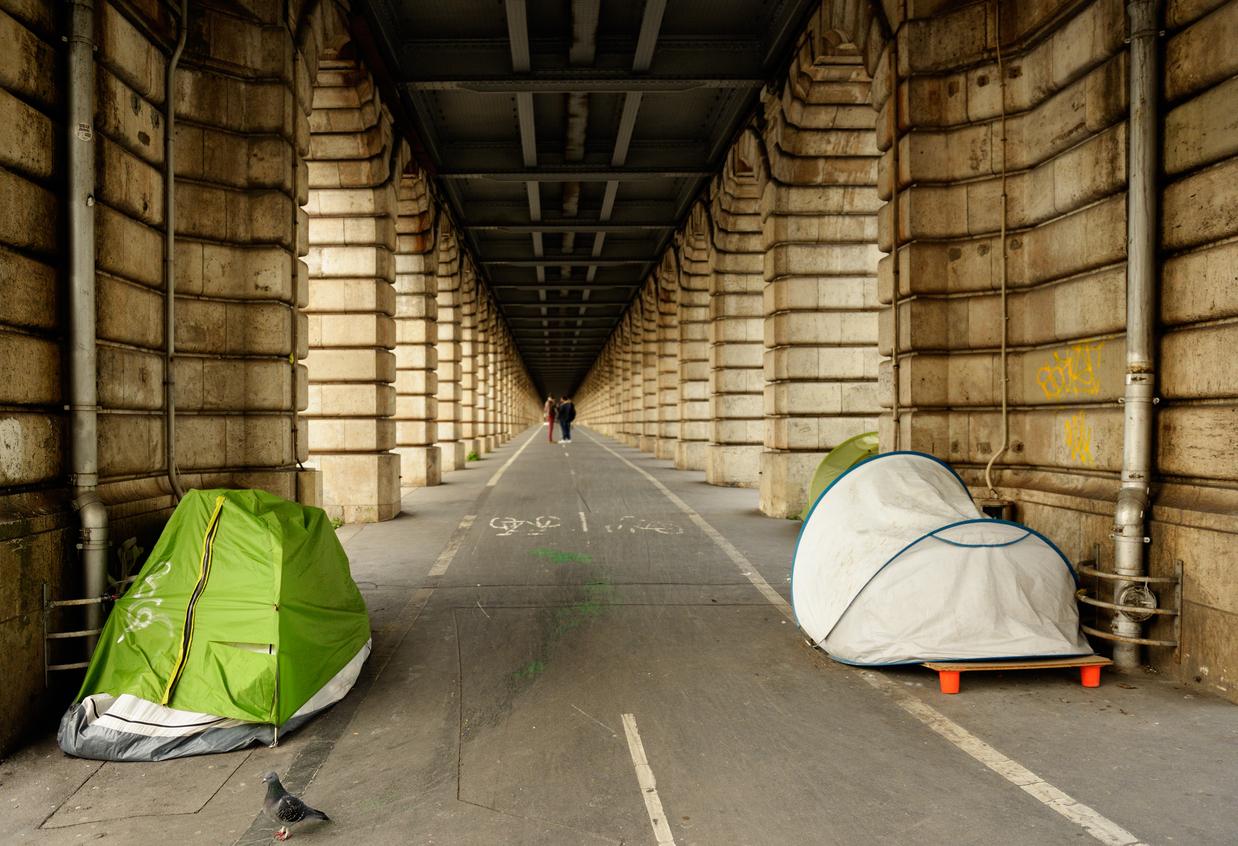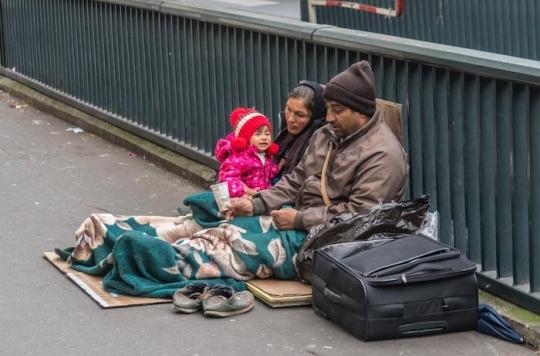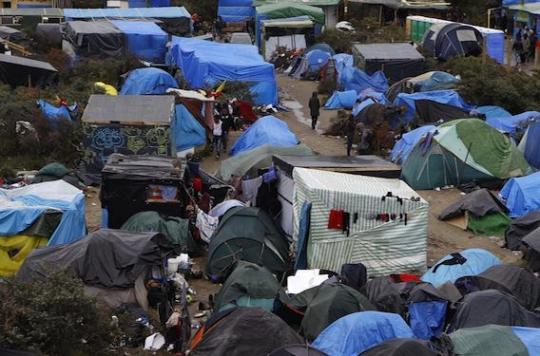The World Health Organization has published a first report on the health of migrants and refugees in Europe. Their living conditions upon arrival are a threat to their health.

Access to healthcare for migrants and refugees in Europe must be improved: the World Health Organization (WHO) draws this conclusion in a report released Monday, January 22. She notes that in general, migrants and refugees are in good health when they arrive, but their precarious living conditions make them more vulnerable to illness.
Living conditions favorable to the development of diseases
In its report, the WHO undermines a cliché: migrants and refugees are rarely carriers of disease when they arrive. It is during their journey, or when they stay in a country for a long time in precarious living conditions, that they are most at risk of developing certain conditions. This may be due to their way of life, a deficient diet, poor quality water or the stress generated by their journey. For example, a large proportion of HIV-positive migrants and refugees were infected with HIV after arriving in Europe. Conversely, migrants and refugees have little risk of developing non-communicable diseases such as cancer or strokes.
Difficult access to care
In many cases, when refugees or migrants fall ill, it is difficult for them to have access to care because of the language barrier, their non-regularized situation or because of certain forms of discrimination. The situation is extremely variable from one country to another: in Austria or Turkey, they have the same rights in terms of health as residents. In Germany or Hungary, asylum seekers can only access emergency care. The WHO calls on all European countries to put in place policies so that migrants and refugees can have access to health services, regardless of their legal status.
A call for better care
The risk of disease transmission between migrants and refugees and residents is very low. But the WHO recalls that the ideal way to protect residents is to provide better care for refugees and migrants. The benefits of health policies in favor of these populations will necessarily be greater than the cost of care, specifies the Organization in its report.
In September 2017, Santé Publique France published a report on the state of health of migrants and refugees in France. The organization had already noticed the impact of precarious living conditions on the health of these populations.

.

















